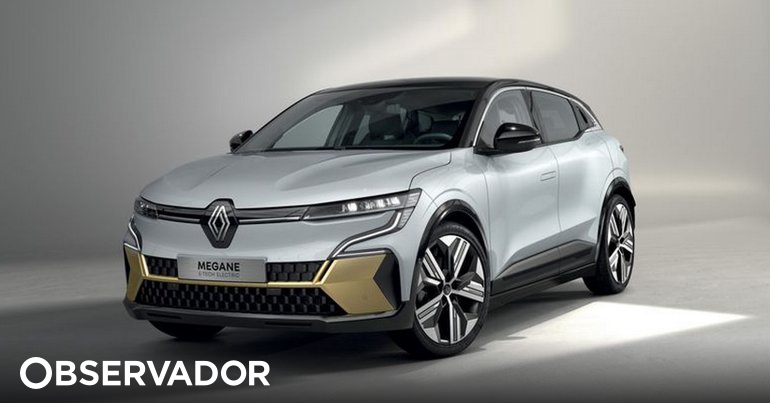As is usual in the news in the automotive world, official images of the Mégane E-Tech Electric, Renault’s second electric car, after the Zoe, did not manage to stay out of the public consciousness until its launch date, scheduled for the saloon in Munich, Germany. This time around, the hack appears to have stemmed from the publication Forococheselectricos, which has posted photos and released a series of statements about the new French crossover.
The electric Mégane is a key component of Renault’s battery-powered vehicle strategy, being the brand’s first model to use a specific platform, the CMF-EV, in order to maximize benefits and reduce costs, despite demanding higher initial investment, even from an industrial point of view.
The interior of the Mégane E-Tech Electric reveals a pair of digital displays, among other details
3 photos
The French crossover will also be the first to use new, more energy-efficient electric motors as well as new batteries, as the Mégane was initially proposed with strap With capacities of 40 kWh and 60 kWh, ensuring 470 km of autonomy with the largest complex.
Megane’s electric crossover, at the moment, mounts only one engine at the front, developing 215 horsepower, according to what was initially communicated by the manufacturer, giving it thrust only to the front wheels. However, since the Renault crossover uses the same platform as the Nissan Ariya, it is not impossible that the model will be able to offer versions with two engines, one for each axle, to ensure all-wheel drive.
Without being too bulky, and certainly not compromising on aerodynamic performance and weight, the Mégane is taller than conventional cars, offering a certain aerodynamic to an SUV. Inside, a generous digital instrument panel can be seen, along with a large vertical center display. Unfortunately, the photos do not reveal the space reserved for the back seat or boot.
The Mégane E-Tech Electric will be manufactured in France, with deliveries to customers expected in the first half of 2022.

“Wannabe internet buff. Future teen idol. Hardcore zombie guru. Gamer. Avid creator. Entrepreneur. Bacon ninja.”

